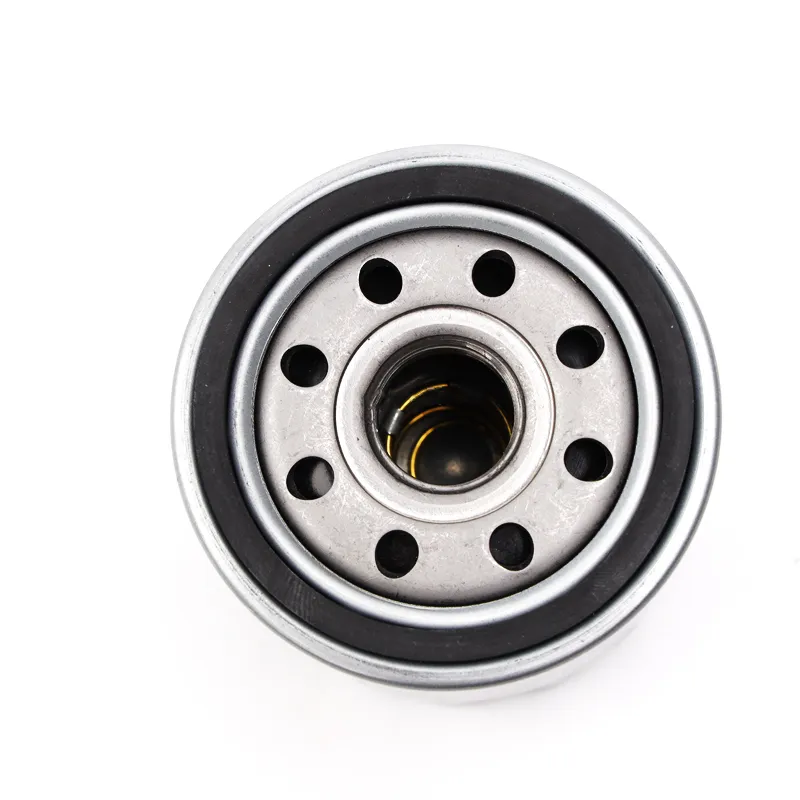Oct . 12, 2024 17:16 Back to list
Efficient MERV 4 Air Filter for Improved Indoor Air Quality and Comfort
Understanding MERV 4 Air Filters Benefits and Considerations
Air quality is a crucial aspect of indoor environments, especially in homes and workplaces where people spend a significant amount of time. One of the fundamental components determining indoor air quality is the air filter used in heating, ventilation, and air conditioning (HVAC) systems. Among the various ratings and types of air filters available, MERV 4 air filters occupy a unique space. In this article, we will explore what MERV 4 air filters are, their benefits, and considerations for their use.
What is MERV?
MERV stands for Minimum Efficiency Reporting Value, a standard established by the American Society of Heating, Refrigerating, and Air-Conditioning Engineers (ASHRAE) to gauge the effectiveness of air filters. This rating ranges from 1 to 16, with higher numbers indicating a greater ability to trap airborne particles. The MERV rating system helps consumers understand the filtration efficiency of different filters, aiding them in making informed choices about indoor air quality enhancements.
MERV 4 filters typically trap larger particles between 3 to 10 microns in size, such as pollen, dust mites, and lint. While they are less effective than higher-rated filters like MERV 8 or MERV 11, they still provide a decent level of filtration for certain applications.
Benefits of MERV 4 Air Filters
1. Cost-Effective Solution MERV 4 filters are generally more affordable than higher-rated filters. For households or businesses operating on a budget, these filters can provide a cost-effective solution for basic air filtration needs.
2. Adequate for Certain Applications In environments where the air quality requirements are not as stringent, such as warehouses, older buildings, or homes without significant air quality concerns, MERV 4 filters can adequately filter out larger particles without needing the higher efficiencies of more expensive filters.
3. Less Restrictive on Airflow One of the advantages of MERV 4 filters is that they typically allow for better airflow compared to high-efficiency filters. This characteristic is beneficial for HVAC systems as it ensures they work more efficiently, reducing strain on the equipment and potentially lowering energy costs.
merv 4 air filter

4. Ease of Maintenance MERV 4 filters are often easier to maintain and replace. Since they don't require as frequent changes as high MERV filters, users can enjoy lower upkeep efforts while maintaining reasonable air quality levels.
Considerations When Choosing MERV 4 Filters
While MERV 4 filters provide several benefits, there are important considerations to keep in mind
1. Limited Particle Filtration MERV 4 filters may not effectively capture smaller particles, such as smoke, pet dander, and bacteria, which can be significant for individuals with allergies or respiratory issues. In such cases, opting for a filter with a higher MERV rating could be more appropriate.
2. Environmental Factors In areas with high levels of pollution, smoke, or pollen, a MERV 4 filter might not suffice for ensuring good air quality. In such environments, looking into higher-rated filters will be essential for effective air purification.
3. Regular Monitoring Regular monitoring of filter conditions is crucial. Even though MERV 4 filters have a longer lifespan than higher-rated filters, they still require periodic checks to ensure they are not becoming clogged, which can impact HVAC performance and increase energy costs.
Conclusion
In summary, MERV 4 air filters offer a balance between cost-effectiveness and adequate air filtration for certain applications. While they may not be suitable for every environment, they serve well in situations where basic filtration is sufficient. Understanding the specific needs of your living space or workspace can guide you toward the proper choice, ensuring a healthier indoor atmosphere.
-
High-Quality Fuel Filter for Cars – Durable, Efficient Spin On Fuel Oil Filter
NewsJul.25,2025
-
China Cabin Filter Supplier – Premium Auto Air & Oil Filters Exporter
NewsJul.24,2025
-
Premium Antiskid Tire for Safe Driving & High Performance Filters
NewsJul.23,2025
-
Premium Antiskid Tire for Safe Driving & OEM Air Filter Solutions
NewsJul.22,2025
-
Premium Spin-On & Aluminum Fuel Filters for Car Care
NewsJul.21,2025
-
Antiskid Tires - Superior Wet Traction & Durable Safety | Buy Online Now
NewsJul.21,2025


